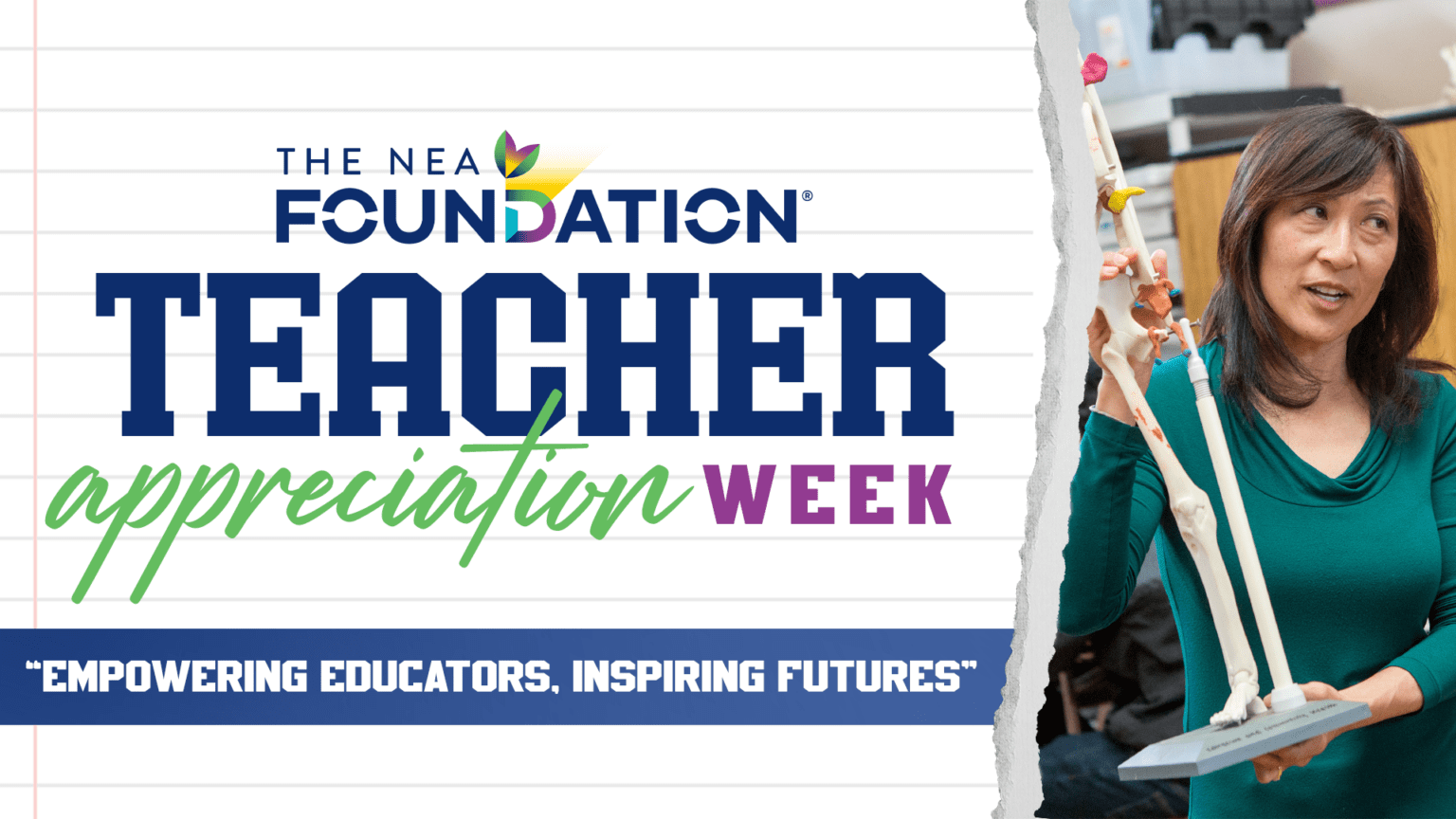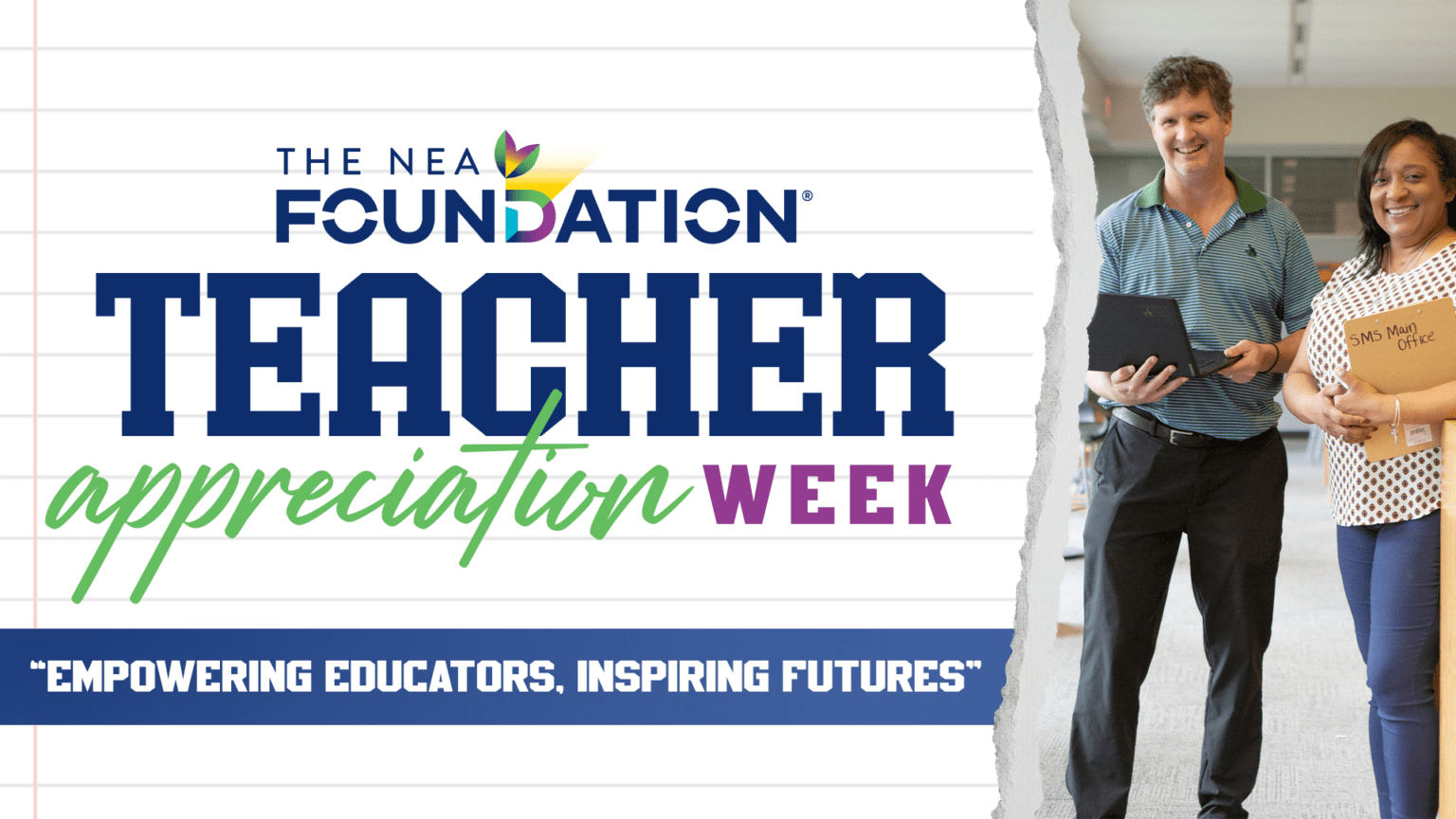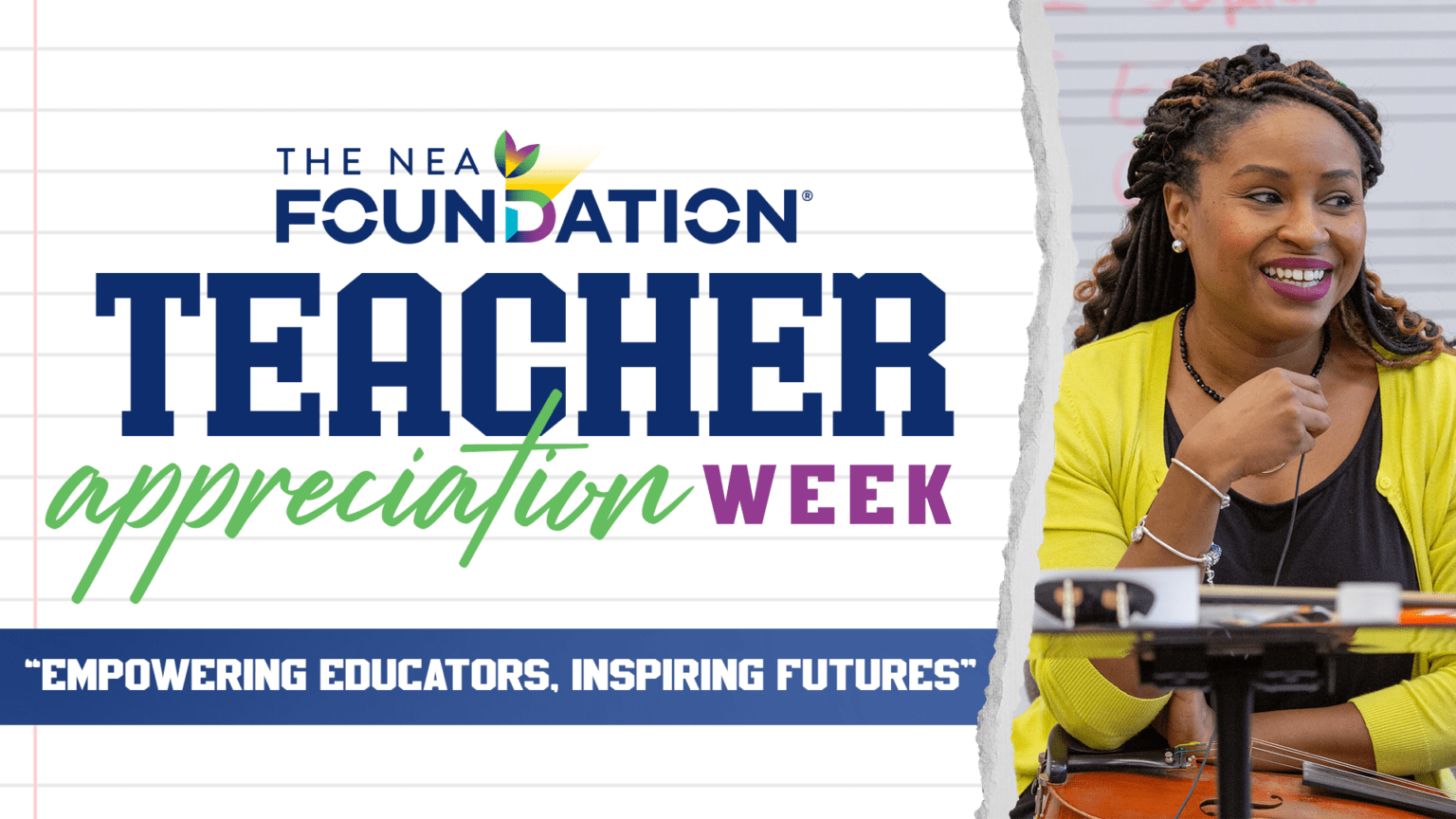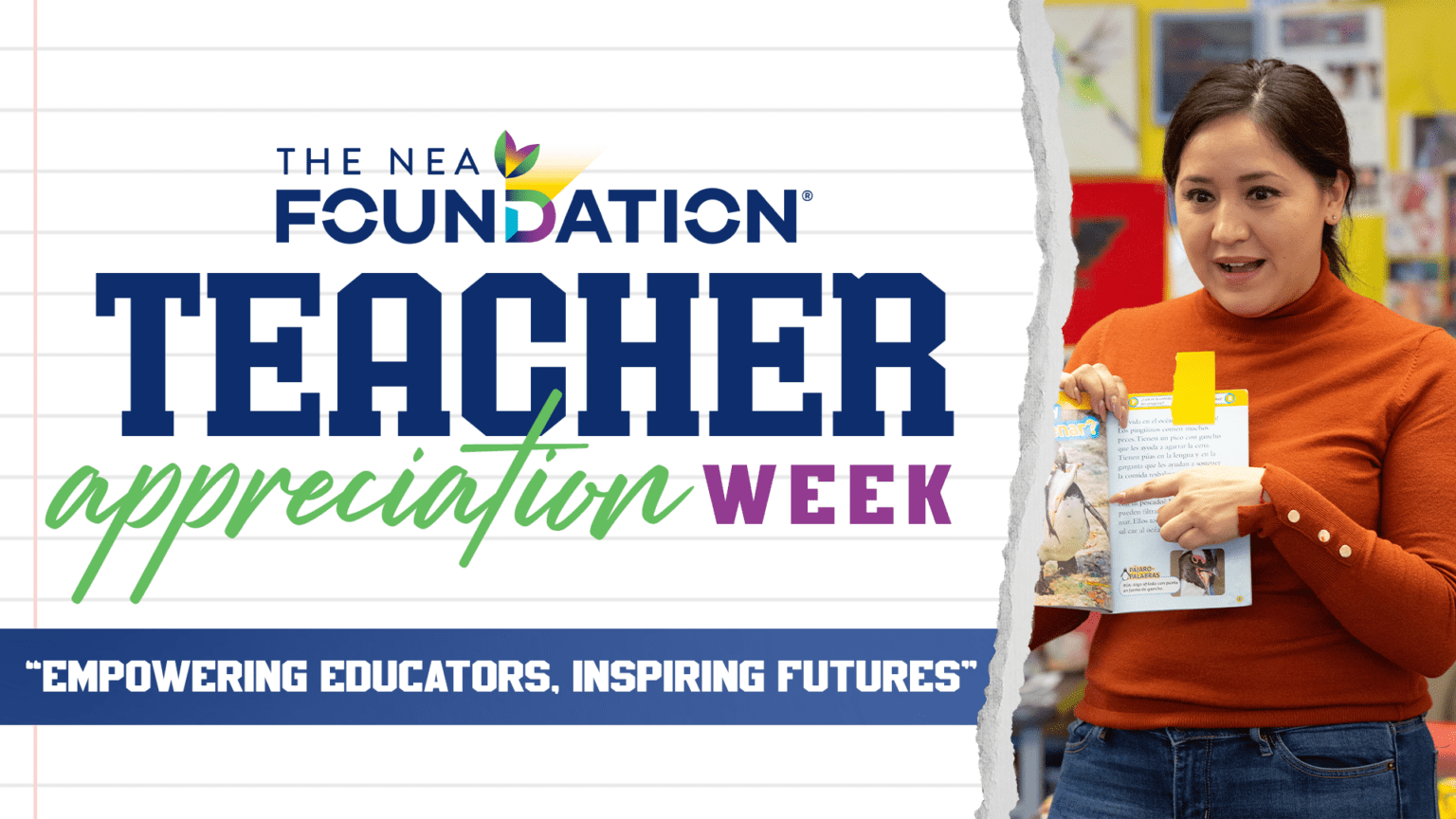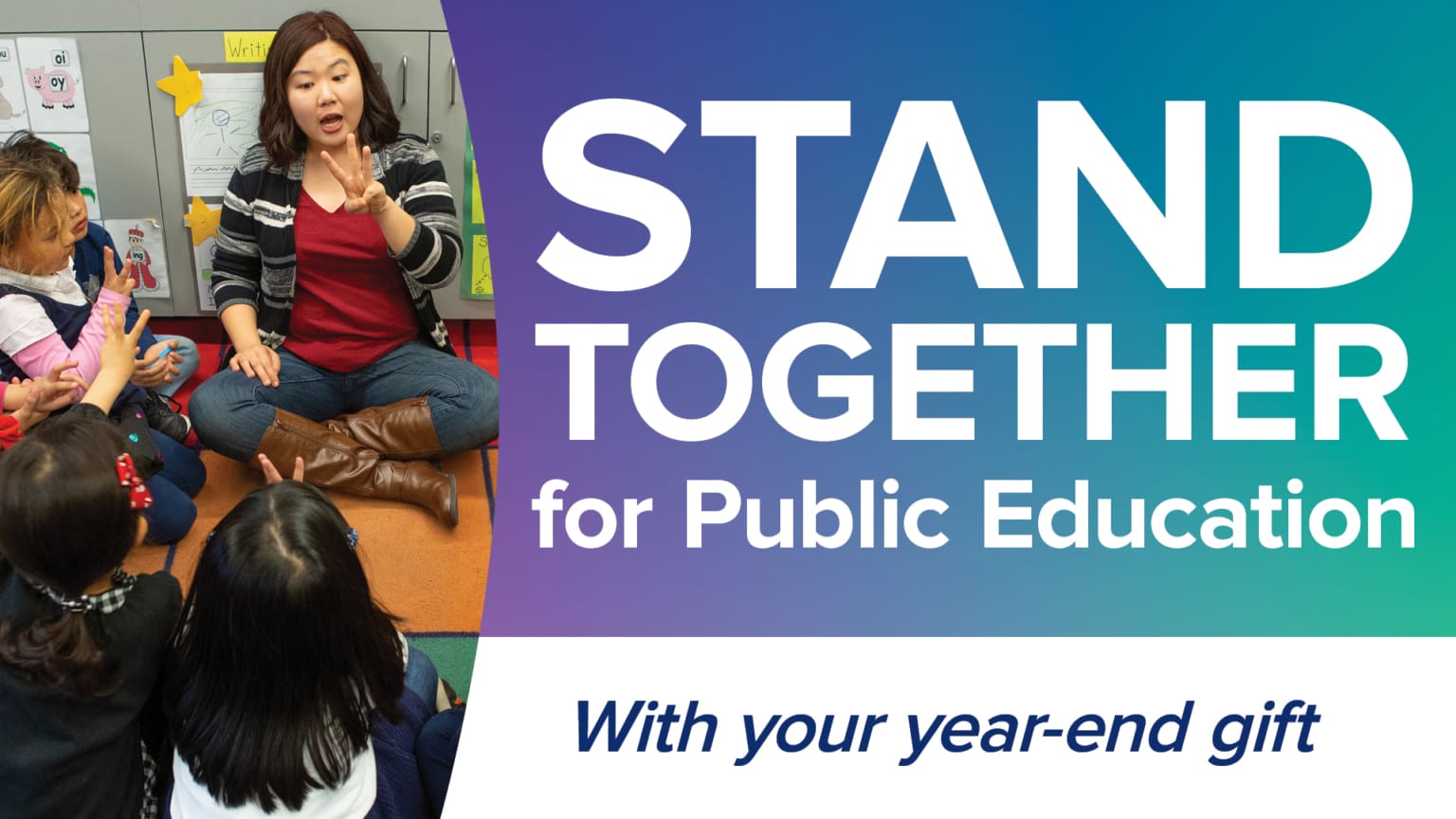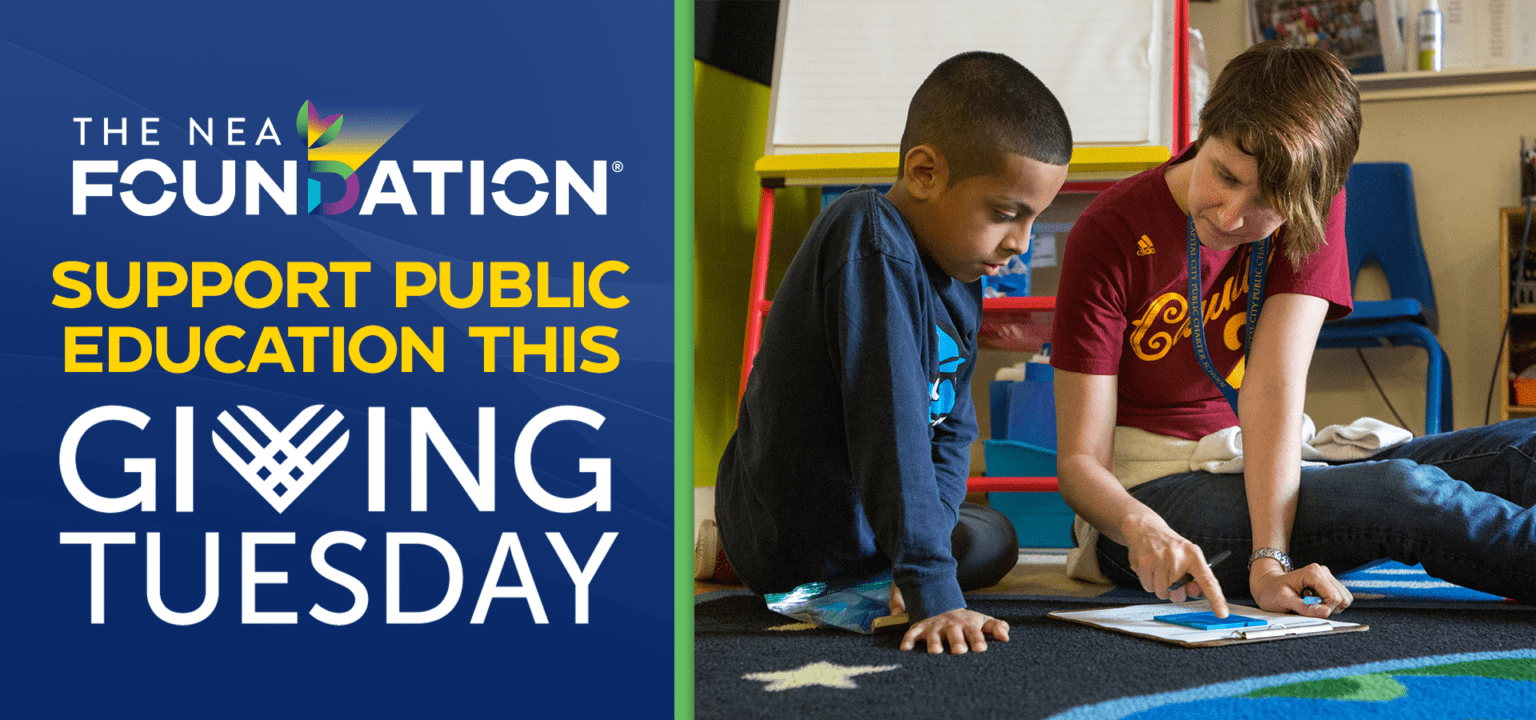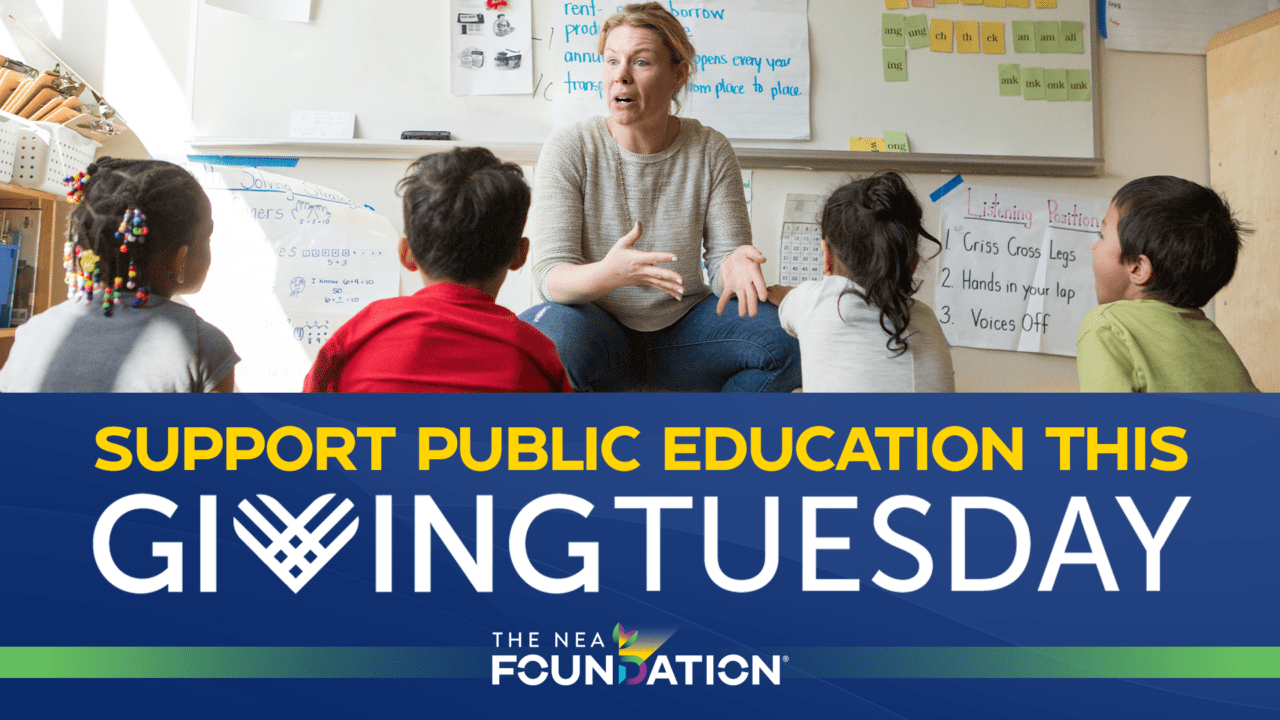This is the second of three posts discussing themes and issues explored during the NEA Foundation’s 7th annual Union-District Convening, held Oct. 24-25 in Washington, D.C.
As 19 district-union teams from school districts around the nation convened in Washington, D.C., for the NEA Foundation’s Union-District Convening, attendees were reminded of the stakes too many of our nation’s students face.
“The economy has changed immensely,” said Gloria Ladson-Billings, Kellner Family Professor of Urban Education at the University of Wisconsin-Madison. “Post-secondary experience is mandatory, yet the kind of post-secondary experience you’re likely to receive is racially determined.”
Against a historical backdrop of limited educational opportunities for students of color, the Common Core and other reforms present new challenges for disadvantaged students, particularly those raised in homes where English isn’t the primary language, cautioned Gary Orfield, Professor of Education, Law, Political Science, and Urban Planning at UCLA. “If we use it to raise the standards without raising the capacity, we’re going to be flunking more of the kids we’re talking about,” he said. “They’re disadvantaged already, and they’re going to be more disadvantaged.”
John Jackson, president and CEO of the Schott Foundation for Public Education, stressed the importance of re-shifting our thinking about what’s needed to address disadvantaged students of all backgrounds. “For many years, we’ve been talking about the achievement gap,” he said. “It’s time to move from a standards-based reform agenda to a support-based reform agenda.”
That’s been a key focus of many of the 19 sites supported by the Foundation. In Lee County, Fla., the district-union partnership has incorporated socio-emotional learning into schools through an initiative that has increased student engagement and ownership in their learning, while in Springfield, Mass., a similar partnership has reached out to community organizations to address the social and emotional needs of students living in poverty and provide supports such as extended-year and early literacy programs in the community and in schools.
To address the pervasive issues of poverty and inequality, educators must be involved in difficult conversations about their effects, speakers reminded attendees. “Our public education system is right at the intersection of that conversation about race and government,” Jackson said. That’s not a comfortable place to be, but by bringing community organizations into partnerships with districts and educators, we can begin having the kinds of conversations needed to move all students.

